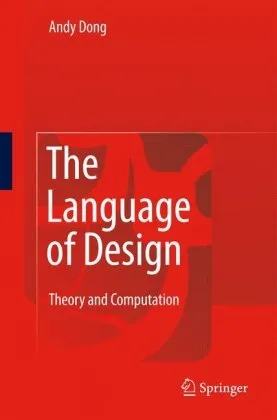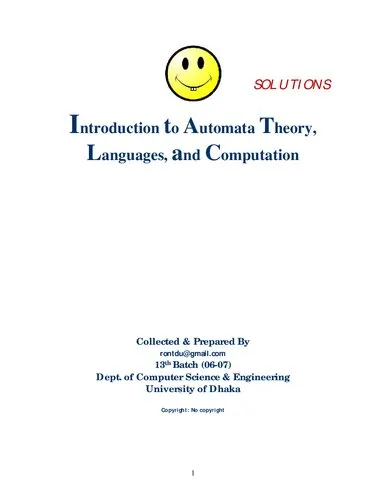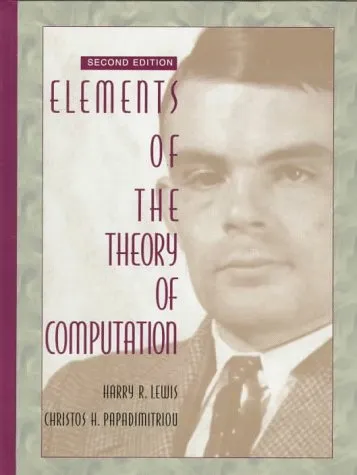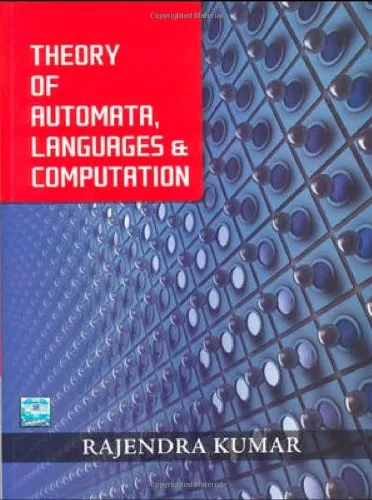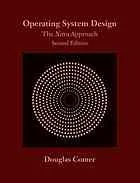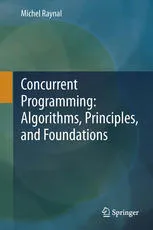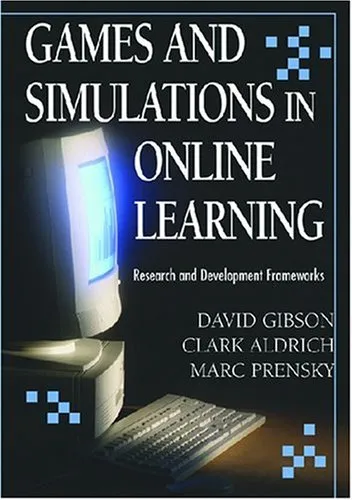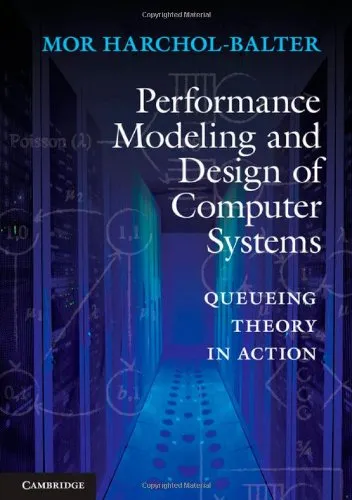INSTRUCTIONAL-DESIGN THEORIES AND MODELS Volume II A New Paradigm of Instructional Theory
4.5
Reviews from our users

You Can Ask your questions from this book's AI after Login
Each download or ask from book AI costs 2 points. To earn more free points, please visit the Points Guide Page and complete some valuable actions.Related Refrences:
Introduction to "Instructional-Design Theories and Models: Volume II – A New Paradigm of Instructional Theory"
The field of education and instructional design has witnessed profound transformations over the years, and with these changes comes the need for innovative theoretical frameworks. Charles M. Reigeluth, in the second volume of his highly influential series "Instructional-Design Theories and Models," presents a comprehensive exploration of a new paradigm in instructional theory. This volume serves as a cornerstone for educators, instructional designers, and researchers, offering insights into emerging trends and alternative frameworks aimed at modernizing the process of teaching and learning in dynamic and effective ways.
Unlike traditional instructional theories that often adhered to a "one-size-fits-all" framework, this book embraces a tailored, flexible, and learner-centered approach. With contributions from leading scholars in the field, "Instructional-Design Theories and Models: Volume II" emphasizes the evolution of instructional theory to meet the demands of a rapidly changing world. It prioritizes meaning-making, learner engagement, and adaptability, addressing the complexities of 21st-century education and technology. This introduction offers an overview of the book's purpose and content, emphasizing its importance in reshaping the theoretical foundations of instructional design.
Summary of the Book
This book digs deep into the premise that traditional paradigms of instructional design no longer suffice in our fast-paced, technologically interconnected world. It adopts a "paradigm shift" perspective that transitions away from purely behaviorist and linear models towards a learner-driven and constructive approach. Volume II of this series integrates diverse theoretical perspectives that aim to address the underlying need for individualized, adaptive, and collaborative learning systems.
Structured around multiple contributions by world-renowned scholars, the volume offers a wide-ranging discussion centered around three key themes:
- Learner-Centered Approaches: Emphasizing the customization of instruction based on individual learners’ needs, interests, and goals.
- Contextual and Situational Learning: Highlighting the importance of situational factors in shaping instructional strategies and outcomes.
- Collaboration and Interaction: Encouraging dynamic exchanges between learners, instructors, and technology to enhance meaning and engagement.
Each chapter is dedicated to exploring a specific instructional design theory or innovative approach, supported by evidence-based practices and case examples. Readers will find frameworks designed to enhance higher-order thinking, adapt instruction to learners’ developmental stages, and leverage technology for highly interactive learning environments. This diversity makes it an invaluable resource for theorists and practitioners alike.
Key Takeaways
- Instructional design must evolve to accommodate the changing demands of education in the 21st century.
- Learner-centered approaches are key to fostering motivation, deeper learning, and long-term retention.
- Contextual knowledge and situational understanding play significant roles in effective instruction.
- Collaboration—both peer-to-peer and between learners and educators—enhances the learning experience.
- New instructional theories prioritize adaptability, flexibility, and meaningful engagement over standardized methods.
Famous Quotes from the Book
"The future of instructional design lies not in standardization, but in meaningful customization that aligns with both learner needs and societal changes."
"Education is not just about imparting knowledge but about fostering the ability to think, reflect, and apply understanding to real-world problems."
"In a knowledge-driven society, instructional theories must prioritize learners’ development as adaptive thinkers and creative problem-solvers."
Why This Book Matters
In an era of constant change, where education systems face unprecedented challenges, this book serves as a beacon for those who seek to innovate and improve instructional practices. It matters because it aligns educational theories with the needs of a knowledge-centric world while challenging outdated, traditional models. Its focus on learner-centered education ensures that the material remains relevant in the decades to come, addressing personalization, collaboration, and integration of technology in the learning process.
Moreover, the book’s comprehensive nature and multidisciplinary perspective make it a crucial resource for anyone invested in reshaping educational experiences. From school teachers to corporate trainers, to instructional designers, this book provides accessible theories and concepts that have practical implications for their work. By addressing the urgent need for new paradigms, it paves the way for educators to embrace innovative, impactful, and forward-thinking strategies in instructional design.
Ultimately, "Instructional-Design Theories and Models: Volume II" is more than just a book—it is a scholarly call to action. In its pages, readers will find a roadmap for the educational transformation required to meet the needs of both learners and society at large.
Free Direct Download
You Can Download this book after Login
Accessing books through legal platforms and public libraries not only supports the rights of authors and publishers but also contributes to the sustainability of reading culture. Before downloading, please take a moment to consider these options.
Find this book on other platforms:
WorldCat helps you find books in libraries worldwide.
See ratings, reviews, and discussions on Goodreads.
Find and buy rare or used books on AbeBooks.
1519
بازدید4.5
امتیاز0
نظر98%
رضایتReviews:
4.5
Based on 0 users review
Questions & Answers
Ask questions about this book or help others by answering
No questions yet. Be the first to ask!
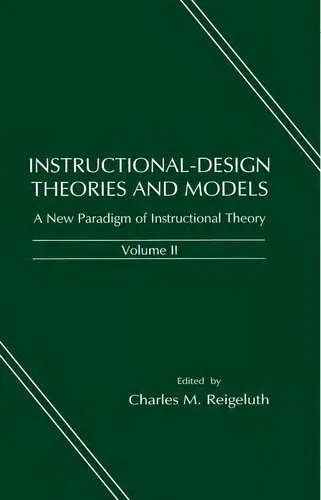
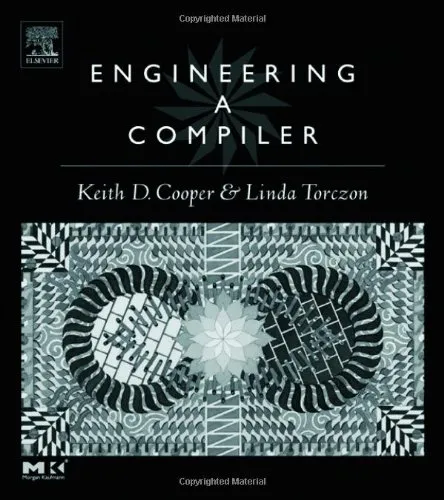
![Engineering a Compiler, Second Edition [2nd Ed] (Instructor's Edu Resource 1 of 2, Solution Manual) (Solutions)](https://s3.refhub.ir/images/thumb/Engineering_a_Compiler__Second_Edition__2nd_E_2258.webp)
